A Felicidade
________________
 Black Orpheus (Portuguese: Orfeu Negro) is a 1959 film made in Brazil by French director Marcel Camus. It is based on the play Orfeu da Conceição by Vinícius de Moraes, which is an adaptation of the Greek legend of Orpheus and Eurydice, setting it in the modern context of a favela in Rio de Janeiro during the Carnaval. The film was an international co-production between production companies in Brazil, France and Italy.
Black Orpheus (Portuguese: Orfeu Negro) is a 1959 film made in Brazil by French director Marcel Camus. It is based on the play Orfeu da Conceição by Vinícius de Moraes, which is an adaptation of the Greek legend of Orpheus and Eurydice, setting it in the modern context of a favela in Rio de Janeiro during the Carnaval. The film was an international co-production between production companies in Brazil, France and Italy.
The film is particularly renowned for its soundtrack by two Brazilian composers: Antônio Carlos Jobim, whose song “A felicidade” opens the film; and Luiz Bonfá, whose “Manhã de Carnaval” and “Samba of Orpheus” have become bossa nova classics.
Black Orpheus won the Palme d’Or at the 1959 Cannes Film Festival[1] as well as the 1960 Academy Award for Best Foreign Language Film and the 1960 Golden Globe Award for Best Foreign Film (in those awards the film was credited as a French production; only in the 1961 BAFTA Award for Best Foreign Language Film was Brazil credited together with France and Italy).
 Large tracts of the film were shot in the Morro da Babilônia, a favela in the Leme neighbourhood of Rio de Janeiro.[2][3] In 1999, the film was remade as Orfeu by Carlos Diegues, this time with a soundtrack featuring Brazilian singer-songwriter Caetano Veloso. – Wikipedia
Large tracts of the film were shot in the Morro da Babilônia, a favela in the Leme neighbourhood of Rio de Janeiro.[2][3] In 1999, the film was remade as Orfeu by Carlos Diegues, this time with a soundtrack featuring Brazilian singer-songwriter Caetano Veloso. – Wikipedia
_________________________
A Felicidade (Antônio Carlos Jobim, Vinícius de Moraes)*
A Felicidade is a popular song and jazz standard written for and introduced in the 1959 film Orfeu Negro. Unlike another song from the film which went on to become a standard, Manhã de Carnaval, there have been no well-known English translations. It doesn’t matter. Bossa Nova is for lovers, and lovers do not find language differences to be a significant barrier. The first two lines,
Tristeza não tem fim
Felicidade sim
can be translated as
Sadness has no end
Happiness, yes.
___________________
Orfeu Negro — The song is played on guitar over the opening credits as the film begins. It is interrupted by an exuberant samba, and then begins again mid-way through the title sequence, which is presented at a very leisurely pace, taking just over three minutes to complete. The singer is uncredited, but I believe it is Agostinho dos Santos.
.
Agostinho dos Santos — released on his 1959 album Inimitável
.
João Gilberto – From the 1959 EP João Gilberto Cantando as Músicas de Orfeu do Carnaval
.
Bob Brookmeyer – from his 1962 LP Trombone Jazz Samba/Bossa Nova
.
Astrud Gilberto — from Look to the Rainbow, 1966
A review at All Music by Bob Rusch says:
This was a beautiful bossa nova record of Astrud Gilberto’s vocal stylings…All the material (32:13) here, with the exception of “Learn to Live Alone” and “Pretty Place,” which were arranged by Al Cohn, were arranged by Gil Evans. With the exception of a Johnny Coles trumpet solo, the personnel was uncredited on this 1966 recording. Discographies have credited Bob Brookmeyer (valve trombone), Kenny Burrell (guitar), and Grady Tate (drums), but except for a few bars of sax, there was no solo indivdualism in this large Creed Taylor-produced orchestra.
.
Agostinho dos Santos — com orquestração do maestro Lindolfo Gaya, 1970
.
Nara Leão – date unknown
.
Tom Jobim, Vinícius de Moraes, and Toquinho — live 18 October 1978 in Milan, Italy. Accompanied also by Miúcha on vocals, the group performed an anthology of Jobim/de Moraes compositions. I may put together a set of clips from this event for a separate feature page.
Show antológico gravado em 18 de outubro de 1978 em Milão, na Itália, com a dupla Jobim e Vinícius, acompanhada pelo violão de Toquinho e pela voz de Miúcha (que para os que não sabem, é irmã do Chico Buarque).
.
Tom Jobim — Montreal Jazz Festival at Place des Arts, 1986
Antônio Carlos Jobim – piano, vocal
Jaques Morelenbaum – violoncelo
Paulo Jobim – guitar
Danilo Caymmi – flute, vocal
Sebastião Neto – bass
Paulo Braga – drums
Ana & Elizabeth Jobim, Simone Caymmi, Maúcha Adnet, Paula Morelenbaum – vocals
_______________________
Italian version: Felicità — text: Mario Panzeri
Don Marino Barreto Junior – 1959
.
Orietta Berti – 1975
_______________________
* Jazzstandards.com has a co-composer credit for André Salvet. ASCAP does list Salvet as one of the authors of the French version of the song titled Adieu tristesse. Perhaps he wrote the lyric of that version.




























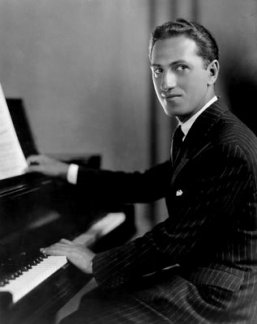

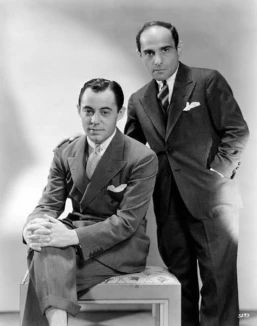

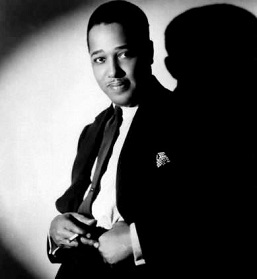


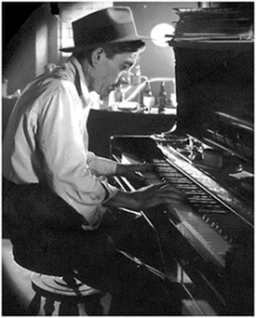
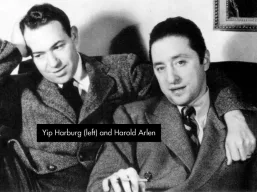
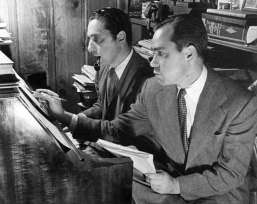



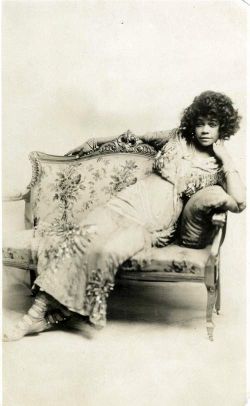





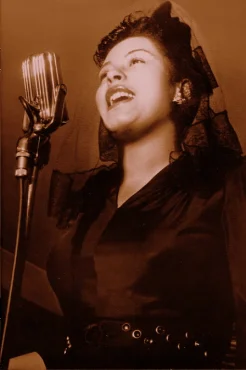




Jul 30, 2015 @ 22:10:45
There is also another version of this song, sung by Jobim’s daughter Maria Luiza Jobim
LikeLike